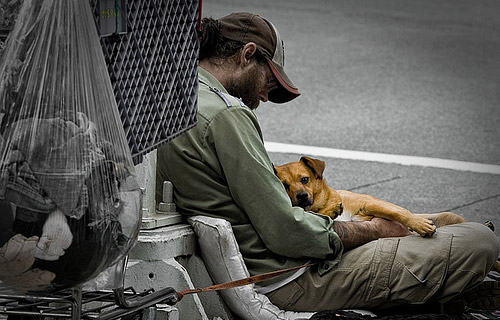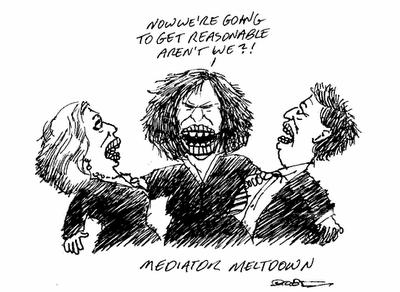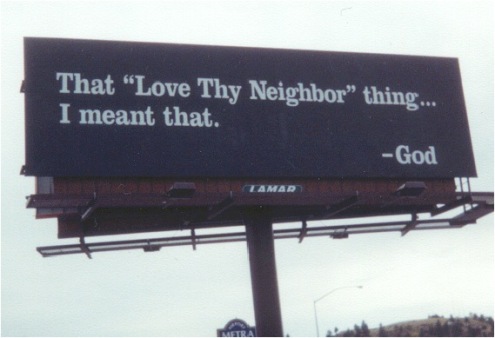Commissioner:Kafoury:
Some of the questions this group is wrestling with include, how do we meet new federal mandates to reduce shelter stays? In a time of limited resources, how do we prioritize who we can help? Do we prioritize by population, for example, should we prioritize families over individuals? Do we prioritize by vulnerability, focusing services on who is less likely to survive outside? Are some groups of people not able to access housing or shelter services and if so, how do we change that? How do we raise attention to this issue and get more people involved in the solution?
The only ethical way to reduce shelter stays is to transition people into permanent housing or into a safe context to stay where they will not be harassed.
One of the problems of "ending homelessness" is that we now have a population of the chronic homeless who are not ready or able to move into apartments over the long term. We have folks who have been in chronic stress for years, who have lived outside, under a different moral/survival code than is found in apartments. We have a number of people who are frankly claustrophobic or paranoid or both. Apartments are not the answer for everyone.
My recommendation is to have a variety of options for housing. To have trailer parks with community centers for laundry and showers and electrical plug-ins might be an option. To have areas where people could build their own structures, similar to dignity village is another option. These are less expensive options than building apartment buildings, and more likely to house the chronic homeless (some of the most problematic population).
Also, we need options in the outlying areas of the county. Churches in East County are trying their best to meet the need of the chronic homeless and Human Solutions (with the county's support) is doing a great job to help homeless families. But, as you know, it is only a scratch on the surface. We need assistance providing more support and in finding more funding to provide for needs. Right now, in St. Johns, there is almost nothing being done for that homeless population. The 2010 Street Count shows that homelessness is not centralized in the county, but is widespread. The homeless tend to remain near their home neighborhood. The majority of the homeless are not transitory, but are home grown and so are our community's responsibility. We need to provide local compassionate solutions within each neighborhood. This is not costly, but it does require organization and flexibility in city policy.
Not all the homeless is able to access shelter simply because there isn't enough shelter to be had. Even with the low numbers of homeless population, there isn't even close to enough shelters for all the homeless. And many homeless do not want to stay in shelters. They are crowded, people's items are stolen, and it is difficult for the homeless to sleep in such contexts. It would be difficult for anyone to sleep on a cot surrounded by a bunch of strangers they didn't trust. I would suggest that more but smaller shelters be established throughout the county, including more permanent ones. Having homeless people parked in vehicles at churches is a possibility, if the churches could be convinced that their property would be safe. But only a small population of the homeless have vehicles. The rest need to have places that they can camp or public areas they can sleep, in groups of 10. Again, this requires organization, but not necessarily a lot of finances.
I know that you and your office have done a lot to try to get churches involved. And yet I can start an outreach to the homeless in St. Johns and I am speaking to a dozen churches, all looking for an opportunity to help the homeless population around them, but they were just waiting for someone to take initiative, to know what the possibilities were and how to contact the homeless. Suddenly, in a few months, we have a group that are ready to take action now, providing shelter both during the day and on the coldest nights, providing food and giving resources. If a reasonable plan is provided to churches with...yes, that word again.. some clear, simple organization, then there is an untapped population of volunteers that are ready to work
God bless you in your work.
Steve Kimes
Pastor of Anawim Christian Community








































